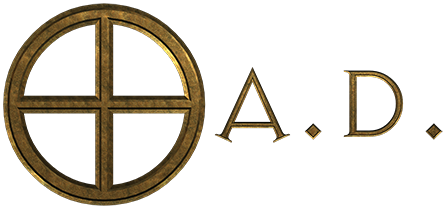Okay, let me see if I can respond to everyone.
@THE, I suppose that discussion over ideology and beliefs is still possible, but, eventually, you realize that you simply morally disagree on certain things and, without evidence, there's nothing more to it.
@SamuelRSmith, I know; I was just using "both" to simplify the argument. Your logic, though, is, largely based on your moral view of things. If I just say that, for example, I believe in evening out the income levels, I'm not sure the discussion can go any further.
@insomniac17, I think you're misinterpreting my problem. My main focus is not "finding the truth", the truth in terms of evidence is only useful here as part of an argument to support taxes/teaching evolution/whatever. And, actually, I rather disagree that I should look for the most logically consistent belief. I'd agree that, from what I've seen, libertarianism/anarcho-capitalism is very logically coherent. The thing is, though, that consistency is a very secondary priority for me compared to, say, preventing people's deaths. I'm afraid I'm willing to screw all consistency if I believe it would lead to fewer people dying.
@Mr Khan, while you're offering me the answer - scientists are trustworthy (for hard sciences) - on a silver platter, I'm not sure why I should trust you on this. What if my local churchman says that he's trustworthy and that he's not biased? What to do then?
@Soleron, but if I don't understand the data, what's the point? I could just read a well-written pro-Creationism argument instead and be equally convinced of it since the evidence - the thing that holds scientific theory above random stuff - is Greek to me.
@dsgrue3, for evolution, while I'm personally in a situation where non-evolution arguments can't be taken seriously, for someone who is religious and has some sort of faith in people who are against evolution, this can't be easy. Your saying that these people haven't been reliable just opens another can of worms here. Also, I've heard people on here say exactly the opposite thing about taxes during a recession, so I'm not sure why I should believe you're more reliable.
“These are my principles; if you don’t like them, I have others.” – Groucho Marx




























































